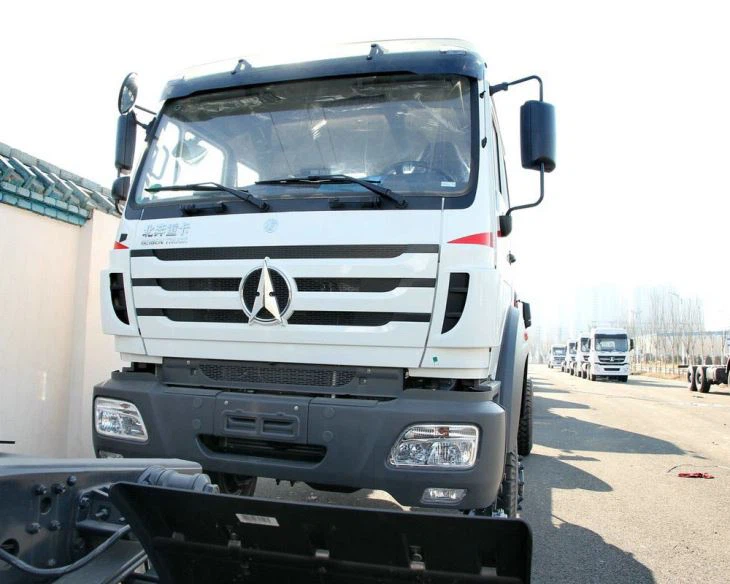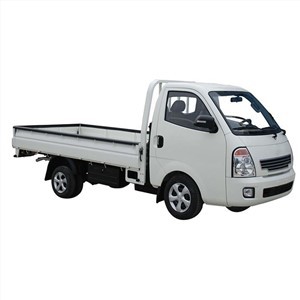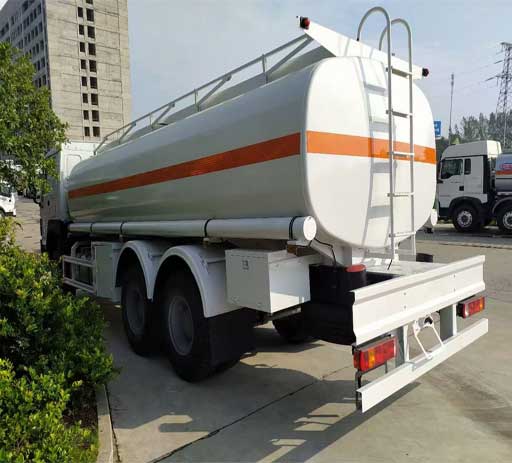Tanker Truck Water: A Comprehensive Guide to Efficient Water Transportation

Tanker truck water transportation is essential for various industries, including construction, agriculture, and public services. Understanding how these trucks operate, their benefits, and practical applications is crucial for effective use. This article delves deep into the world of tanker truck water, covering everything from design to practical tips for optimal usage.
What is a Tanker Truck?
A tanker truck is a specialized vehicle designed to transport liquids. Tanker trucks are used in various industries, from fuel distribution to chemical transport. However, when it comes to water, they play a critical role in supplying clean and potable water to areas lacking adequate infrastructure.
Types of Tanker Trucks

Tanker trucks come in various designs, suited for specific fluids and purposes. The following are common types of tanker trucks:
- Water Tanker Trucks: Specifically designed to transport potable and non-potable water.
- Chemical Tankers: Built to carry various chemicals safely, usually with added safety features.
- Fuel Tankers: Focused on transporting various fuels while minimizing the risk of spills and contamination.
Design Features of Water Tanker Trucks
Water tanker trucks feature diverse designs to ensure the safe and efficient transport of water:
- Material: Typically made from stainless steel or aluminum to prevent corrosion.
- Capacity: Can vary from a few hundred to several thousand gallons, depending on the intended use.
- Pump Systems: Many have built-in pumps for loading and unloading water efficiently.
How Water Tanker Trucks Operate
The operation of water tanker trucks involves several key steps, each vital for ensuring the water remains uncontaminated and safe for use:
Loading Water
Water tanker trucks are equipped with hoses or fittings that facilitate easy loading from water sources, such as wells, lakes, or municipal supplies. It’s important to ensure these connections are secure to prevent contamination.
Transportation
Once loaded, the truck transports water to the desired location. The driving process must adhere to safety regulations and road laws, especially when carrying large volumes of liquid, affecting the truck’s handling.
Unloading Water
Water unloading is another critical stage. Many trucks feature pumps that allow for efficient discharge of water at the delivery site, often through specialized hoses or fittings tailored to various requirements.
Applications of Water Tanker Trucks
Tanker trucks for water transport serve numerous industries and applications, including:
Agricultural Use
In agriculture, water tanker trucks are essential for irrigation, especially in arid regions. Farmers utilize them to transport water to fields lacking proper irrigation systems.
Construction Sites
Construction sites often require large volumes of water for various purposes, such as mixing concrete and dust control. Water tanker trucks provide a mobile solution to keep operations running smoothly.

Municipal Water Supply
In areas with insufficient potable water supply, municipal services often rely on water tanker trucks to deliver clean drinking water to homes and businesses.
Emergency Situations
During natural disasters, water tanker trucks become crucial for providing potable water to affected communities, highlighting their importance in emergency management.
Benefits of Using Water Tanker Trucks
Using tanker trucks for water transportation offers several advantages:
Versatile Delivery Options
Tanker trucks can deliver water to hard-to-reach locations, ensuring accessibility even in rural or disaster-stricken areas.
Reduced Contamination Risks
With proper design and maintenance, tanker trucks minimize contamination, ensuring that delivered water meets safety standards.
Efficiency and Time-saving
Using water tanker trucks speeds up the water delivery process, essential for construction and agricultural needs.
Choosing the Right Tanker Truck
Selecting the right water tanker truck depends on several factors:
Capacity Requirements
Determine the required water capacity based on your operation’s size. Larger jobs may necessitate bigger trucks, while smaller tasks might only need a modest capacity.
Material Considerations
Choose a truck made from durable, non-corrosive materials to ensure longevity and the safety of transported water.
Regulatory Compliance
Ensure that the tanker truck complies with local regulations, including those related to water quality and vehicle safety.
Safety and Maintenance for Water Tanker Trucks
To ensure efficient and safe operation, proper maintenance and safety practices are crucial:
Regular Inspections
Conduct regular inspections to ensure the integrity of the tank, pumping systems, and hoses. Look for signs of wear or corrosion.
Cleaning Protocols
Establish a cleaning protocol to prevent contamination. This includes rinsing the tank after each use and having a thorough cleaning service periodically.
Driver Training
Ensure that all drivers are trained on the safe operation of tanker trucks, including special considerations for handling loads of liquid.
Cost Considerations for Water Transportation
Cost is a pivotal aspect when considering water tanker trucks. Factors influencing cost include:
Types of Services Required
On-demand deliveries may have different costs than scheduled services. Understanding your needs can guide cost management.
Distance to Delivery Site
Longer distances generally lead to higher transportation costs due to fuel and time. Planning effective routes can minimize expenses.
Emergency Services
In emergencies, demand often exceeds supply, potentially leading to increased costs. Timely planning can help mitigate these expenses.
Best Practices for Efficient Water Transportation
To maximize efficiency in water transportation using tanker trucks, consider the following best practices:
Load Optimization
Ensure that the truck is appropriately loaded to maximize capacity without exceeding weight limits for safe transport.
Route Planning
Utilize GPS and mapping tools to identify the best routes for timely deliveries and lower fuel consumption.
Regular Feedback and Improvements
Gather feedback from drivers and users to identify areas for improvement. Implement necessary changes to enhance efficiency.
FAQs About Tanker Truck Water
1. What types of water can be transported in tanker trucks?
Tanker trucks can carry various types of water, including potable water for drinking and non-potable water for agricultural or industrial use.
2. How often should tanker trucks be cleaned?
Tanker trucks should be cleaned after every use to ensure the water remains uncontaminated and safe for consumption.

3. Can water tanker trucks be custom-built?
Yes, tanker trucks can be custom-built to meet specific requirements, including size, material, and pumping systems tailored for different applications.
4. What safety measures should be in place for tanker trucks?
Safety measures include regular inspections, proper driver training, adherence to road laws, and maintaining clear communication throughout the delivery process.
5. How can I ensure water quality during transport?
To ensure water quality, use high-quality materials for the tank, maintain cleaning protocols, and regularly inspect the system for leaks or contamination risks.
6. What are the main regulations governing water transport?
Regulations vary by region but generally include standards for water quality, vehicle safety, and environmental protection measures. Always check local laws and guidelines.
